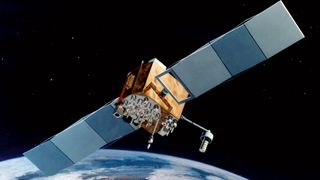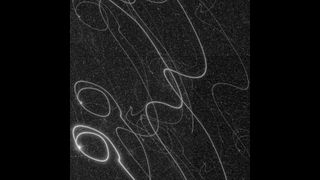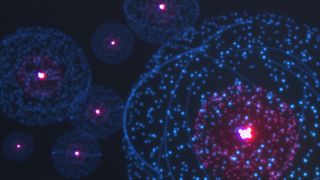Physics & mathematics
Explore Physics & Mathematics
Editor's Picks
Latest about Physics & Mathematics
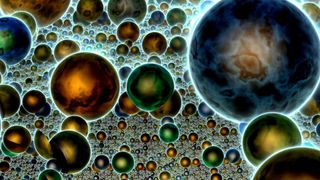
Many physicists think we live in a multiverse. But they're getting a simple math rule wrong.
By Philip Goff published
Our universe seems to be perfectly suited for life. But anyone who claims that's evidence of a multiverse is falling prey to a logical fallacy.

'Refraction is then all there is to it': How Isaac Newton's experiments revealed the mystery of light
By Philip Ball published
In this extract from the new book Beautiful Experiments: An Illustrated History of Experimental Science, science writer Philip Ball explains how Isaac Newton transformed our understanding of light.
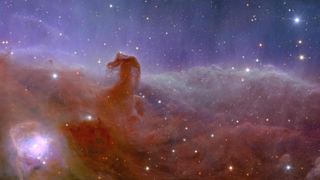
1st images from the Euclid 'dark universe' telescope are here — and they're jaw-dropping
By Robert Lea published
The first images from ESA's dark universe detective Euclid are out, featuring spectacular views of nebulas, distant galaxies and globular clusters of thousands of stars.

World's smallest particle accelerator is 54 million times smaller than the Large Hadron Collider, and it works
By Harry Baker published
Scientists have created the world's first nanophotonic electron accelerator, which speeds negatively charged particles with mini laser pulses and is small enough to fit on a coin.

World's largest gravitational wave observatory squeezes light beyond the 'quantum limit'
By Ben Turner published
Researchers at the LIGO gravitational wave observatory used a new technique called frequency-dependent squeezing to boost weak signals above quantum noise.

Distorted crystals use 'pseudogravity' to bend light like black holes do
By Stephanie Pappas published
Researchers have used a special crystal to bend the trajectory of light like a black hole would, a phenomenon known as 'pseudogravity.'

China is building the world's largest underwater telescope to hunt for elusive 'ghost particles'
By Ben Turner published
China's forthcoming Tropical Deep-sea Neutrino Telescope (TRIDENT) will search for the origins of cosmic rays in momentary flashes of light beneath the ocean's surface.
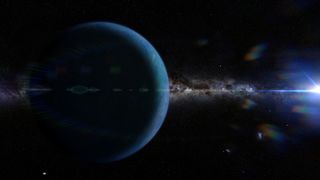
Elusive Planet Nine could be an alternative form of gravity masquerading as a planet, study claims
By Harry Baker published
Astronomers suggest that an alternative concept of gravity, known as modified Newtonian dynamics, could explain orbital inconsistencies that have previously pointed to the existence of a ninth planet in the solar system.
Sign up for the Live Science daily newsletter now
Get the world’s most fascinating discoveries delivered straight to your inbox.
